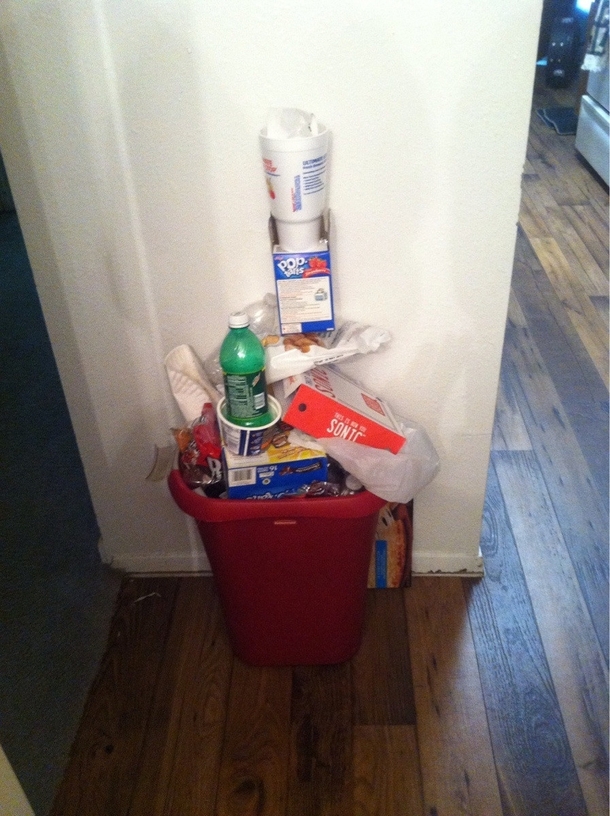

Eventually, Hasbro became licensee in most countries around the world.īy 2019, according to Pokonobe Associates, owners of the Jenga brand, over 80 million Jenga games, equivalent to more than 4.3 billion Jenga blocks, had been sold worldwide. Irwin Toy licensed Jenga to Schaper in the United States and when that company was bought by Hasbro, Jenga was launched under the Milton Bradley banner in 1987. Pokonobe then licensed Irwin Toy to sell Jenga in Canada and to be master licensee worldwide. Convinced of Jenga's potential, Grebler had invited two cousins to form Pokonobe Associates with him in 1985 to increase distribution of Jenga. In April 1985, Grebler acquired from Scott the exclusive rights to Jenga for the United States and Canada, and then in October of that year, Scott assigned the worldwide rights in Jenga to Grebler, which he in turn assigned to Pokonobe Associates. In 1984, Robert Grebler, an entrepreneur from California who was the brother of a close friend of Scott, contacted her and expressed interest in importing and distributing Jenga in Canada. The V&A Museum of Childhood has exhibited one of the original sets of Jenga since 1982. The blocks of the first sets of Jenga were manufactured for Scott by the Camphill Village Trust in Botton, Yorkshire. Scott launched the game she named and trademarked as "Jenga" at the London Toy Fair in January 1983 and sold it through her own company, Leslie Scott Associates. A British national, Scott was born in Tanganyika, now Tanzania, where she was raised speaking English and Swahili, before moving to live in Ghana, West Africa. The name jenga is derived from kujenga, a Swahili word which means 'to build'.

Jenga was created by Leslie Scott, the co-founder of Oxford Games Ltd, based on a game that evolved within her family in the early 1970s using children's wooden building blocks the family purchased from a sawmill in Takoradi, Ghana. The last player to complete a turn before the collapse is the winner. The game ends when any portion of the tower collapses, caused by either the removal of a block or its new placement. A turn ends when the next player in sequence touches the tower or when 10 seconds have elapsed since the placement of a block, whichever occurs first. A block may be touched or nudged to determine whether it is loose enough to remove without disturbing the rest of the tower, but it must be returned to its original position if the player decides to move a different one. Once a level contains three blocks, it is complete and may not have any more blocks added to it. Each player may use only one hand to touch the tower or move a block at any given time, but may switch hands whenever desired. Starting with the one who built the tower, players take turns removing one block from any level below the highest completed one and placing it horizontally atop the tower, perpendicular to any blocks on which it is to rest. A plastic tray provided with the game can be used to assist in setup.

The blocks within each layer are oriented in the same direction, with their long sides touching, and are perpendicular to the ones in the layer immediately below. To begin the game, the blocks are stacked into a solid rectangular tower of 18 layers, with three blocks per layer. Blocks have small, random variations from these dimensions so as to create imperfections in the stacking process and make the game more challenging. Each block is three times as long as it is wide, and one fifth as thick as its length – 1.5 cm × 2.5 cm × 7.5 cm (0.59 in × 0.98 in × 2.95 in). Each block removed is then placed on top of the tower, creating a progressively more unstable structure. Players take turns removing one block at a time from a tower constructed of 54 blocks. Jenga is a game of physical skill created by British board game designer and author Leslie Scott and marketed by Hasbro. They have two children, Frederica and Digby.Manual dexterity, eye–hand coordination, precision, and strategy Scott is married to the Oxford zoologist Professor Fritz Vollrath. She is the recipient of the 2010 Wonder Women of Toys Inventor/Designer Award, and the 2012 Tagie award for Excellence in Game Design. She is a Senior Associate of Pembroke College, Oxford and a founder trustee of The Smithsonian UK Charitable Trust. Scott is the inventor of the game Jenga, which she launched at the London Toy Fair 1983. Leslie Scott (born 18 December 1955) is a British board game designer and author, best known as the inventor of the game Jenga, which she launched at the London Toy Fair 1983.īorn in Tanzania, Scott was raised in East and West Africa, and educated in Uganda, Kenya, Sierra Leone, Ghana and Taunton, England.


 0 kommentar(er)
0 kommentar(er)
